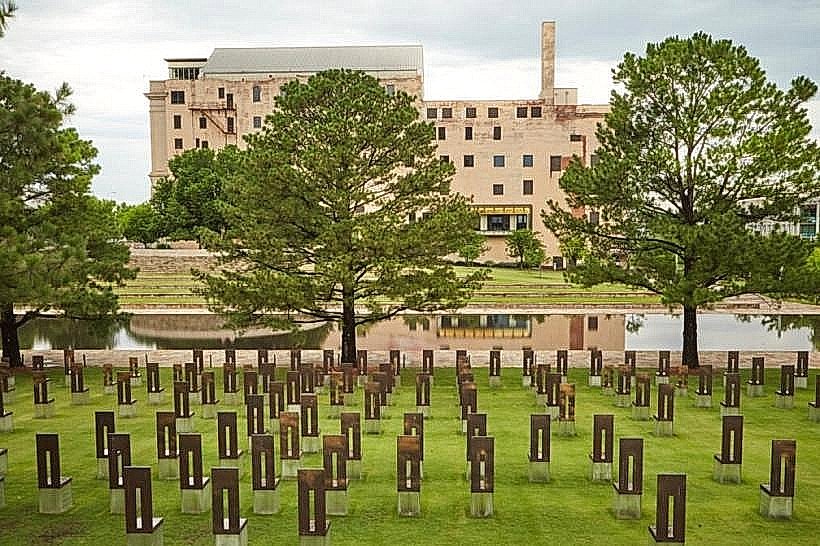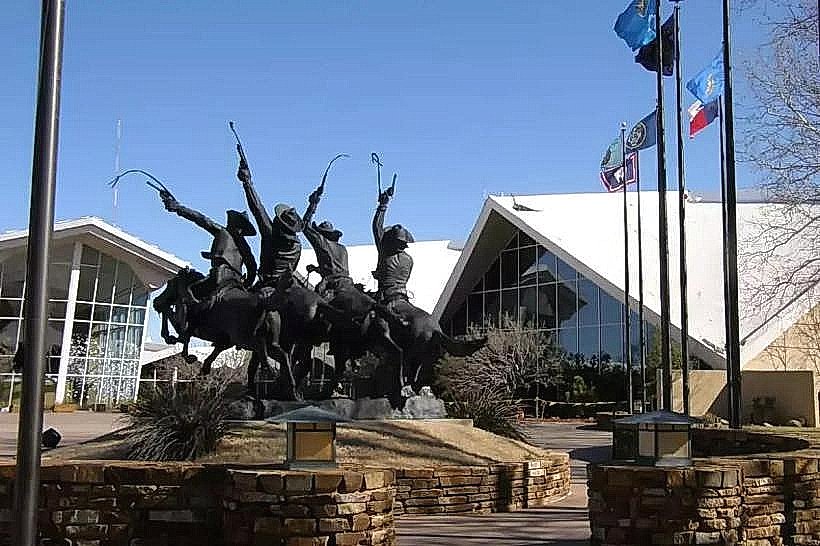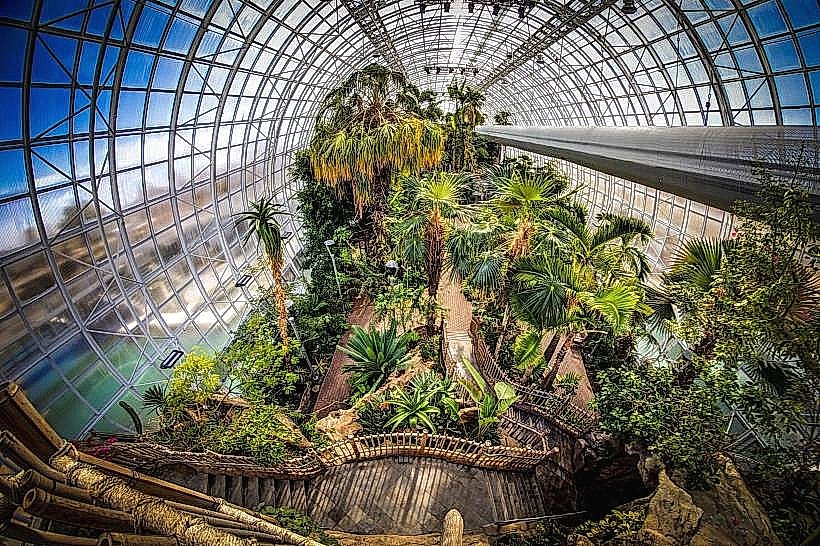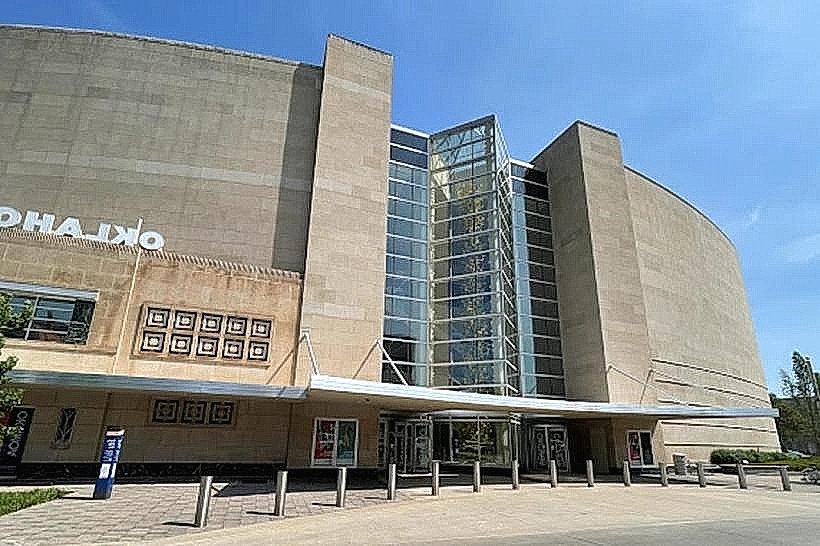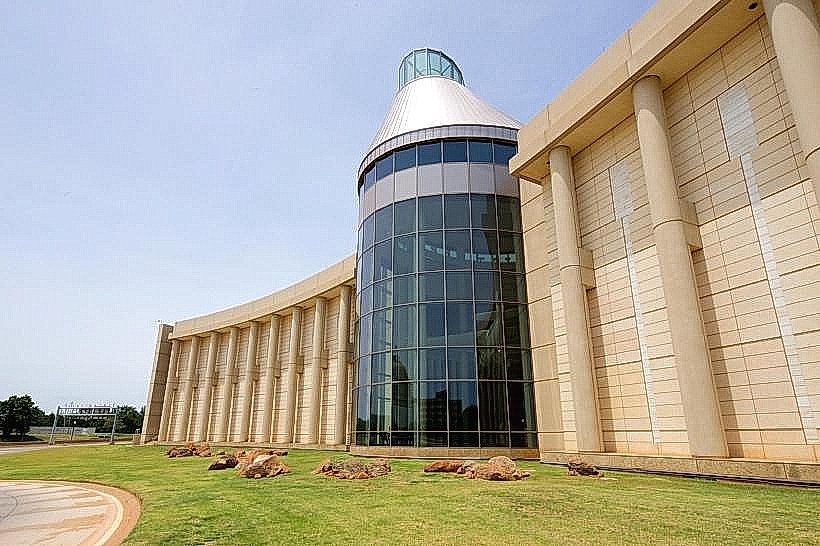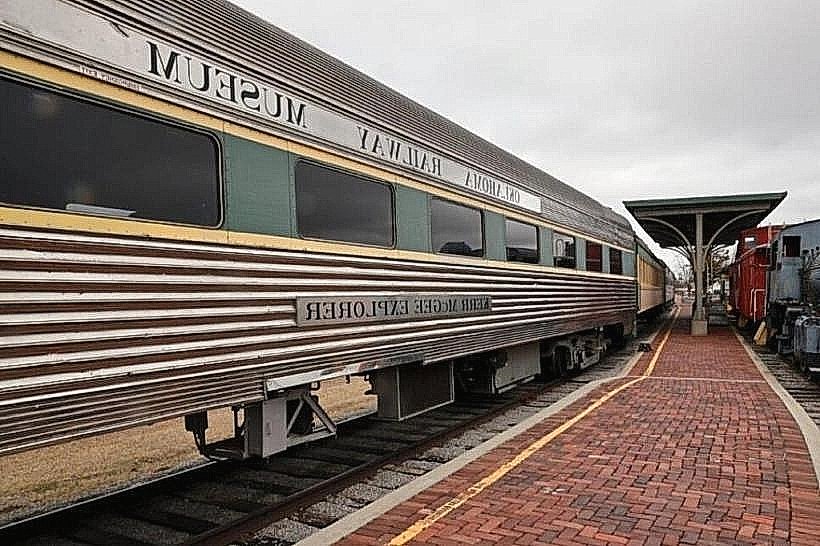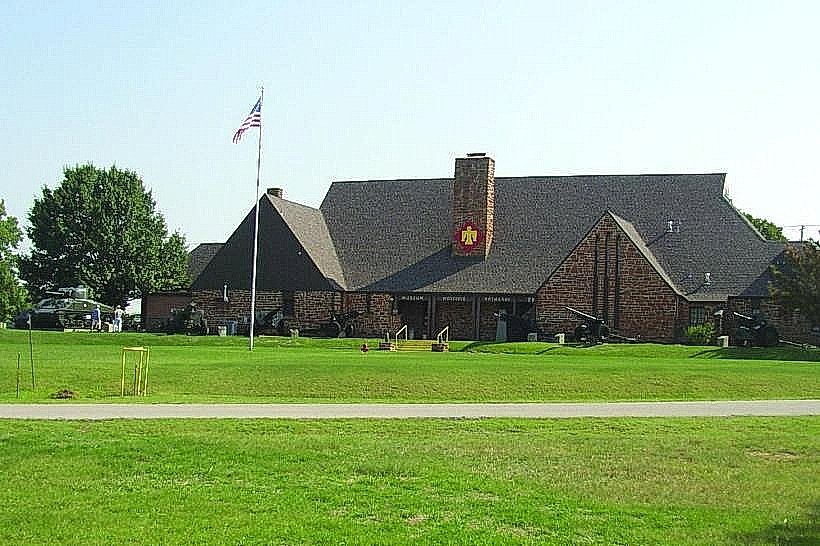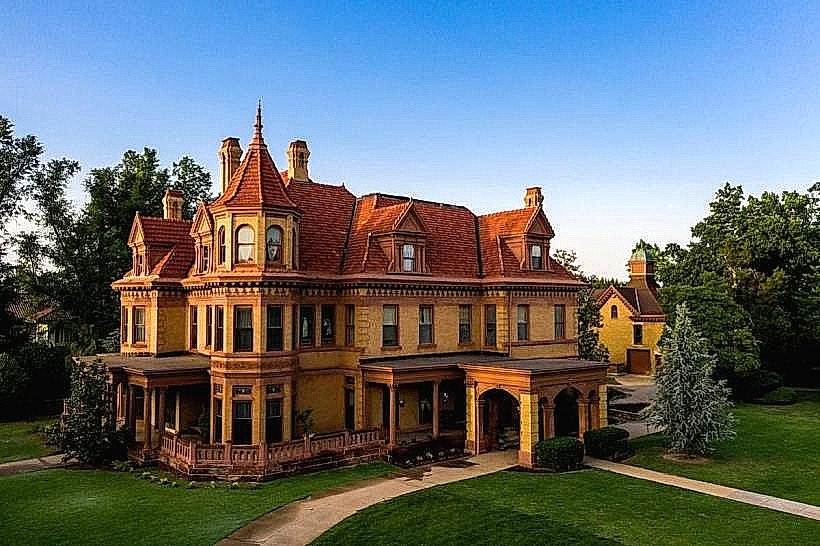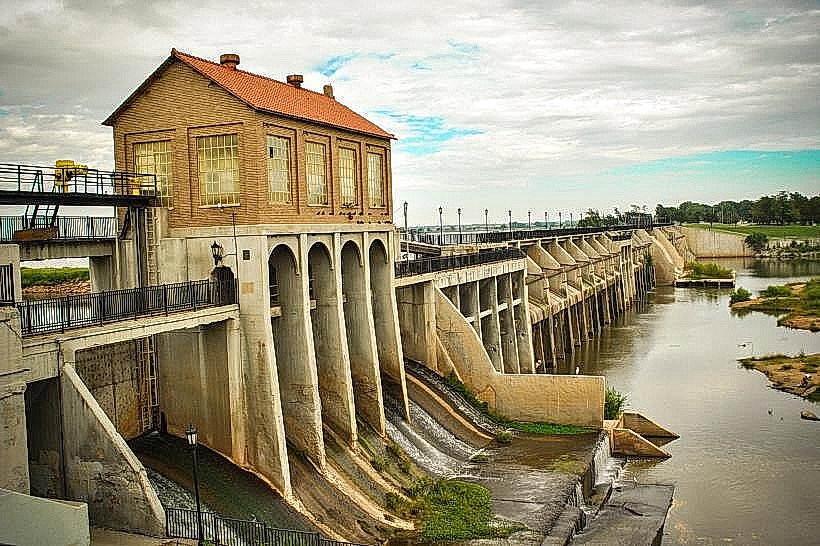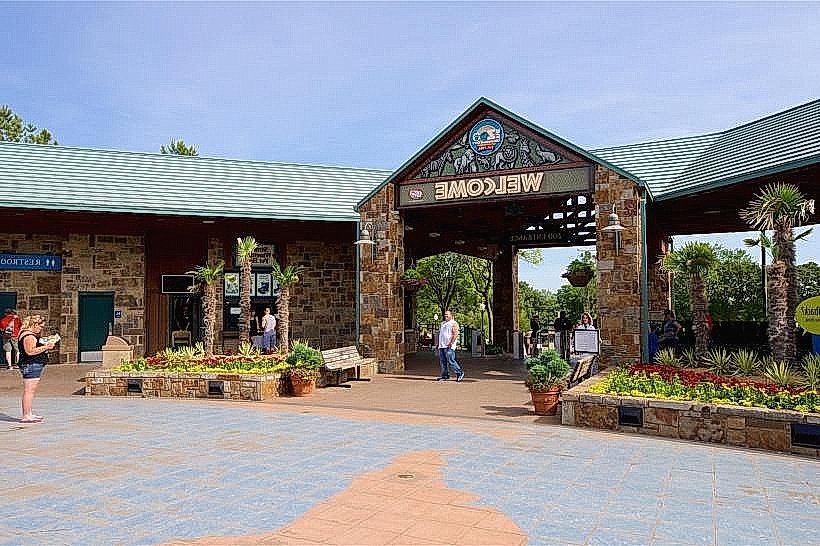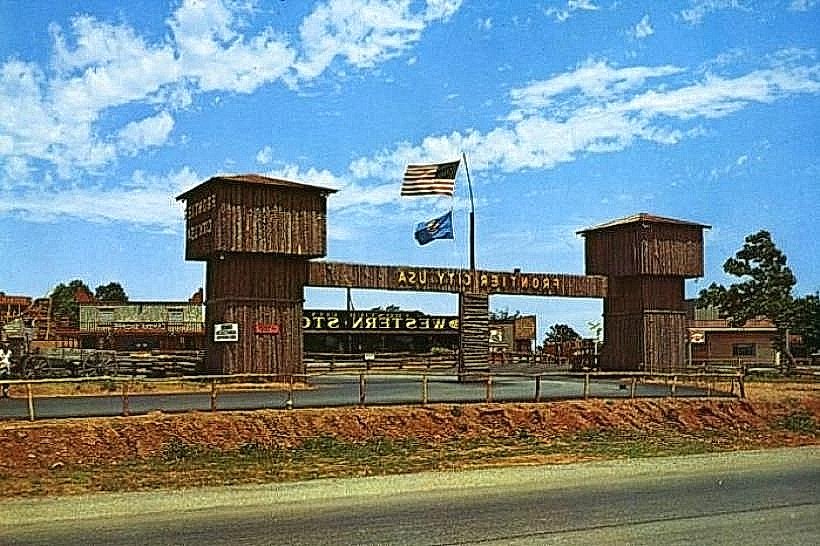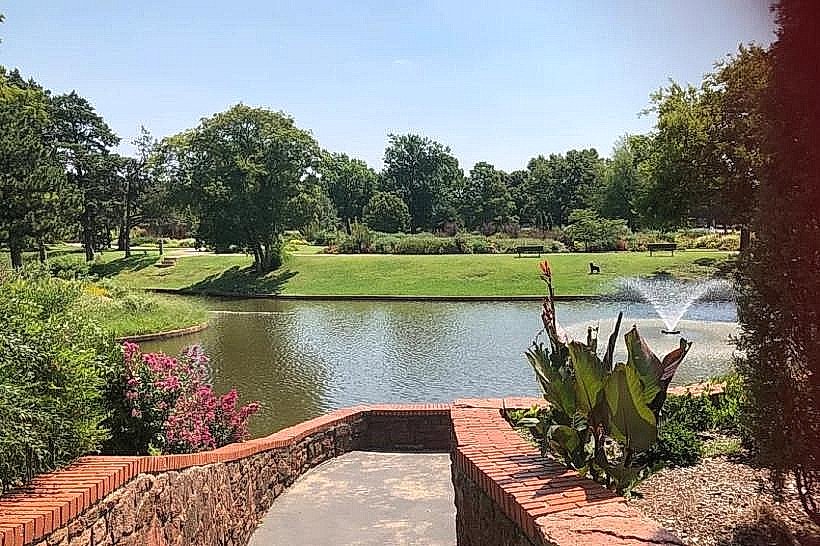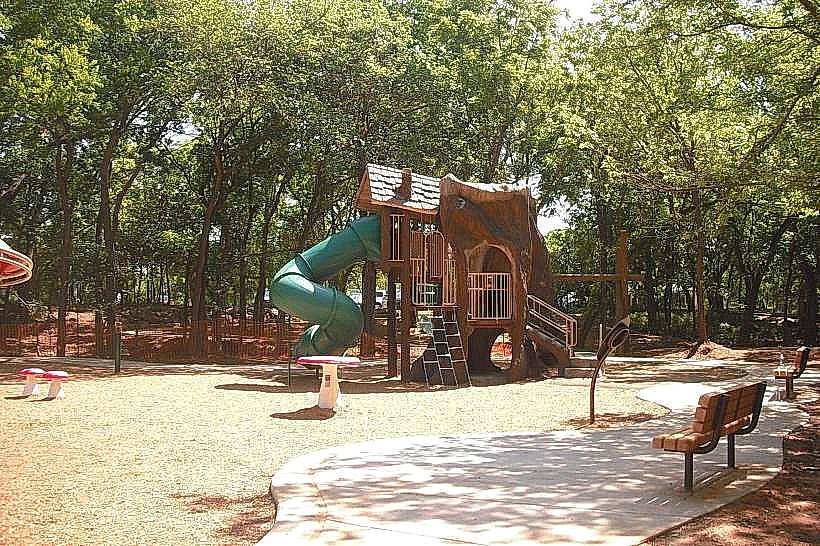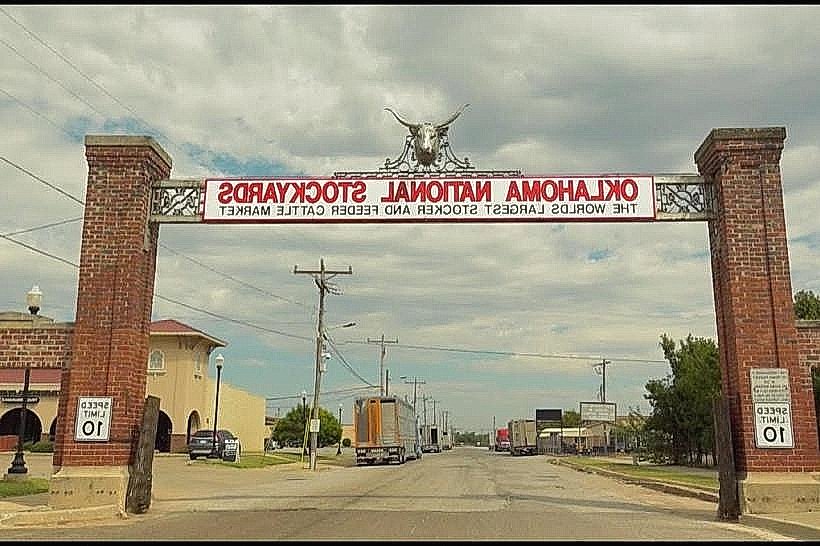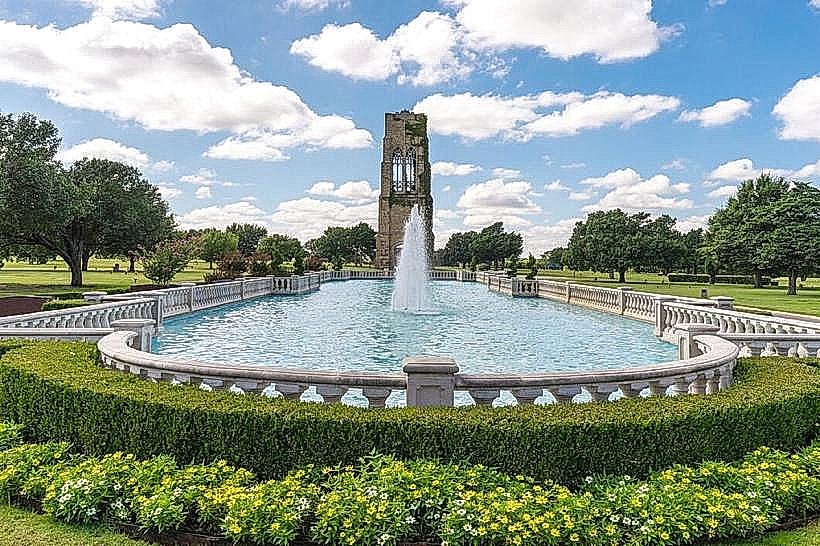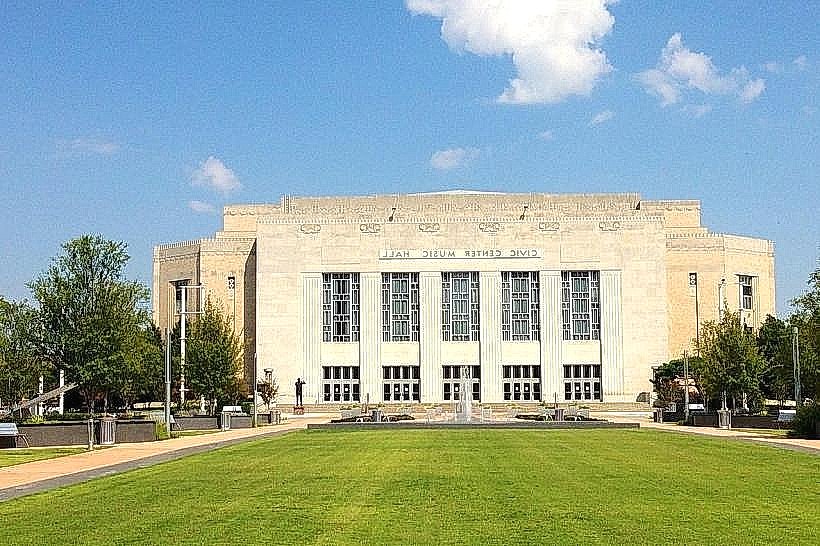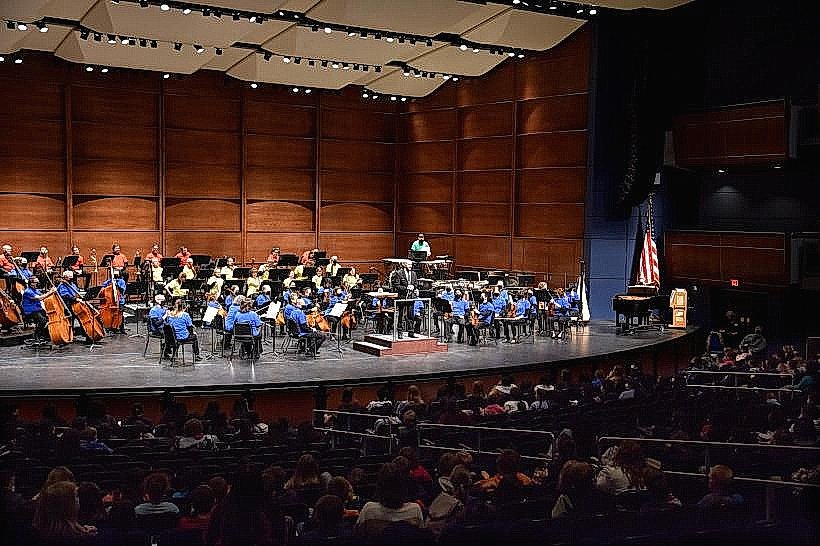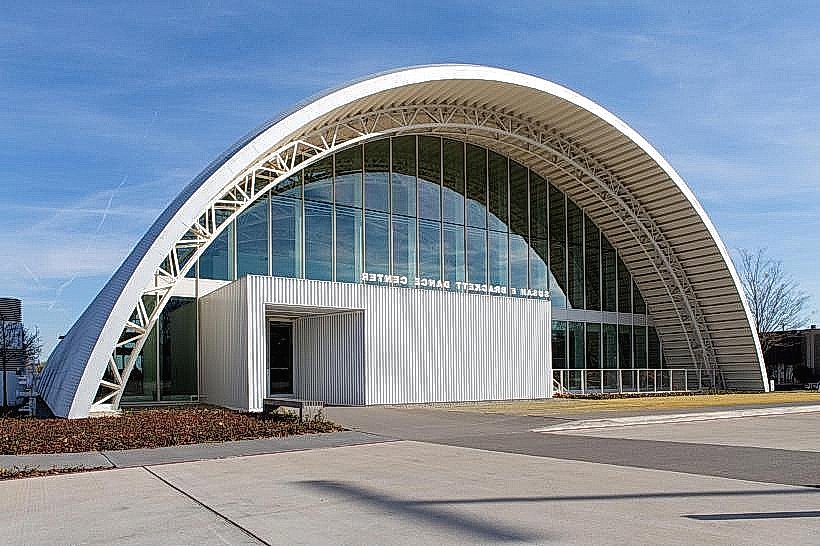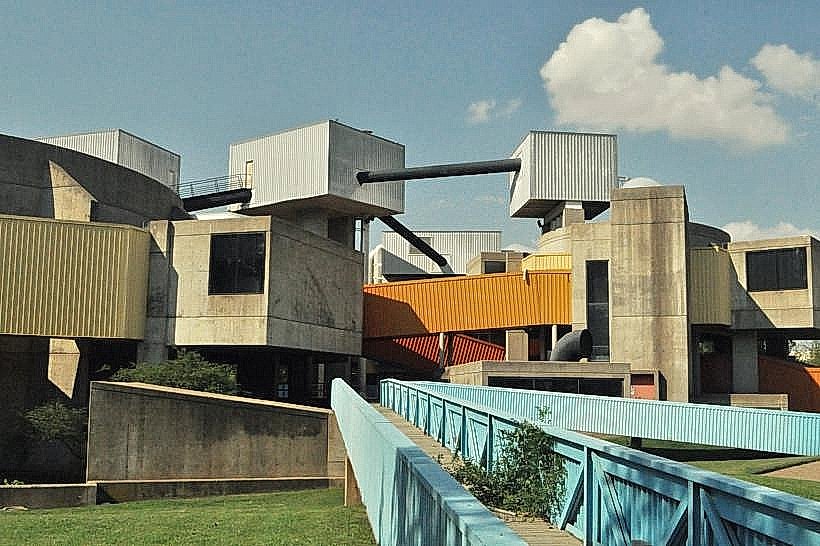Information
Landmark: Museum of OsteologyCity: Oklahoma City
Country: USA Oklahoma
Continent: North America
Museum of Osteology, Oklahoma City, USA Oklahoma, North America
The Museum of Osteology, located in Oklahoma City, is a unique institution dedicated entirely to the study and display of bones and skeletal systems from animals around the world. It offers a scientific and educational perspective on anatomy, evolution, and biodiversity, appealing to both students and the general public with an interest in biology and natural history.
Origins and Purpose
Founded by Jay Villemarette, a collector and bone preparator, the museum opened in Oklahoma City after the success of its first location in Tulsa. Its mission is to educate the public about the skeletal system, demonstrate the diversity of animal anatomy, and promote conservation awareness through scientific study. The museum emphasizes hands-on learning and visual engagement, making it particularly appealing for families, educators, and students of biology.
Layout and Exhibits
The museum houses over 300 skeletons representing more than 100 species, organized in a way that illustrates evolutionary relationships, functional adaptations, and comparative anatomy:
Mammal Hall: Features large mammals such as elephants, giraffes, and primates, highlighting skeletal adaptations for size, movement, and survival.
Bird and Reptile Section: Displays a variety of avian and reptilian skeletons, showing adaptations for flight, swimming, and other specialized behaviors.
Marine Life Exhibit: Includes skeletons of sharks, whales, and other aquatic species, illustrating differences between marine and terrestrial skeletal structures.
Comparative Anatomy Displays: Interactive exhibits allow visitors to compare skulls, limbs, and other bones across species, emphasizing evolutionary patterns and functional morphology.
Rare and Exotic Specimens: Skeletons of unusual or endangered animals, including two-headed animals, albino specimens, and rare bird skeletons.
Educational Programs
The museum offers programs and resources designed to teach anatomy, biology, and natural history:
School Field Trips: Hands-on learning experiences tailored to K–12 curricula, highlighting anatomy, physiology, and adaptation.
Workshops and Demonstrations: Interactive sessions on skeletal preparation, bone identification, and evolutionary biology.
Research and Study Opportunities: Provides resources for students and scientists studying comparative anatomy, paleontology, and zoology.
Visitor Experience
Guided Tours: Staff and docents provide explanations of skeletal systems, animal adaptations, and conservation messages.
Photography and Observation: Many exhibits are designed for close-up viewing and photography, emphasizing detail in bone structure.
Hands-On Interaction: Selected displays allow visitors to handle bones or compare human and animal skeletal parts.
Cultural and Scientific Role
The Museum of Osteology is unique in North America for its exclusive focus on skeletons. It blends scientific rigor with public engagement, making complex concepts in anatomy and evolution accessible and visually compelling. The museum also serves as a conservation tool, showing the diversity of life on Earth and the importance of protecting endangered species.
The Museum of Osteology stands as a one-of-a-kind educational destination in Oklahoma City, combining scientific study, visual fascination, and interactive learning to illuminate the world of animal skeletons.

